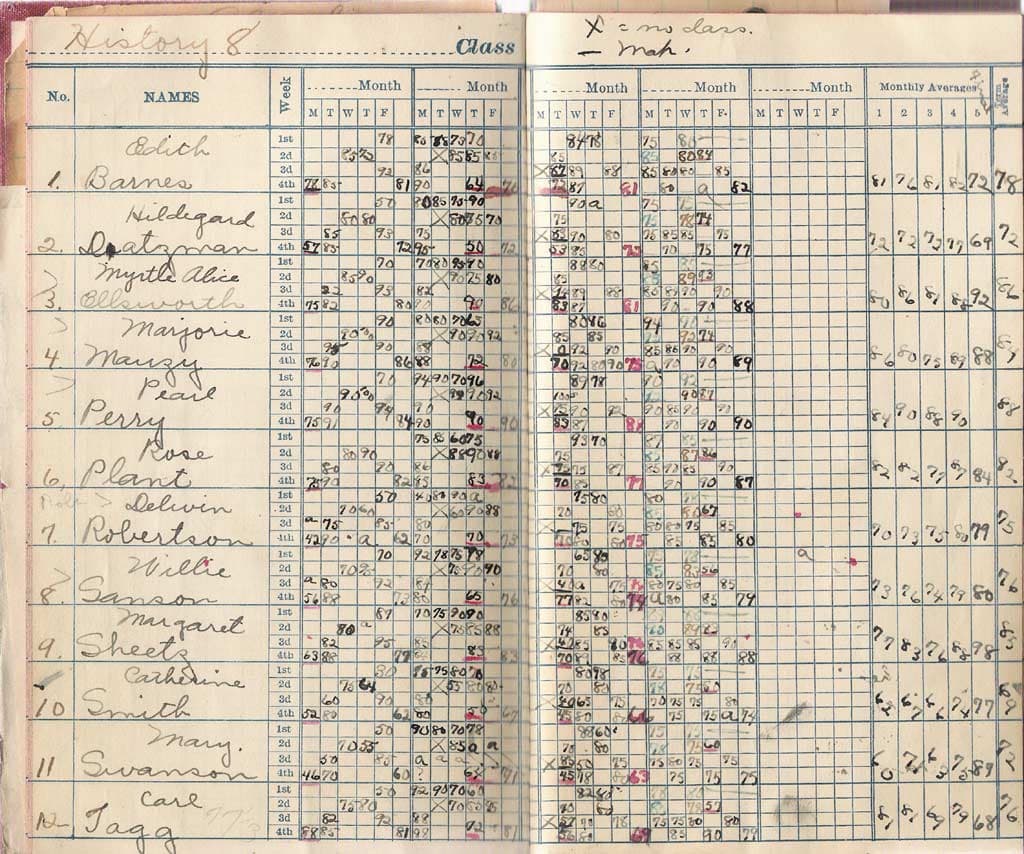
Sorry Mr. Zamboni, Mrs. Woolf and all other people whose last names start with anything after the letter M, a new study from the University of Colorado Boulder suggests life might have been a little harder for you.
Those with surnames names in the latter half of the alphabet are less likely to be identified by teachers as outstanding students. That "alphabetism" could lead to trouble finding first jobs, according to the study published last month.
“This was all just really dramatic. It’s purely the initial doing it,” said economics professor Jeffery Zax in a statement. “If you’re a Clark, you’re maybe 10 percent more likely to be identified as an outstanding student than your twin who happens to take on the last name of Norton.”
For the study, Zax and graduate student Alexander Cauley looked at sets of people who were nearly identical in IQ, academic performance and other areas, but had alphabetically different last names. They then compared the participants’ academic and life outcomes.
“Statistically, we were looking at two people who were carbon copies of each other,” Zax said in a statement. “Even though they were the same in every other way, the fellow with the initial at the front of the alphabet was substantially more likely to be designated informally by teachers as an outstanding student.”
The team found that the link between what someone's last name starts with and their outcome in life — coined “alphabetism” — carries on from the classroom into their early career.
“The good piece of news is that the effects that we saw seem to dissipate by the 30s,” said Zax. “We saw them very strongly at the end of high school and through college and in the first labor market experiences. They were gone by the age of 35 and they remained absent at 52.”
Zax suggests teachers call attendance in reverse order -- something he’s been doing for 15 years.
“That’s my little personal blow against alphabetic injustice,” he said.
Business & data reporter Adrian D. Garcia can be reached via email at [email protected] or twitter.com/adriandgarcia.











